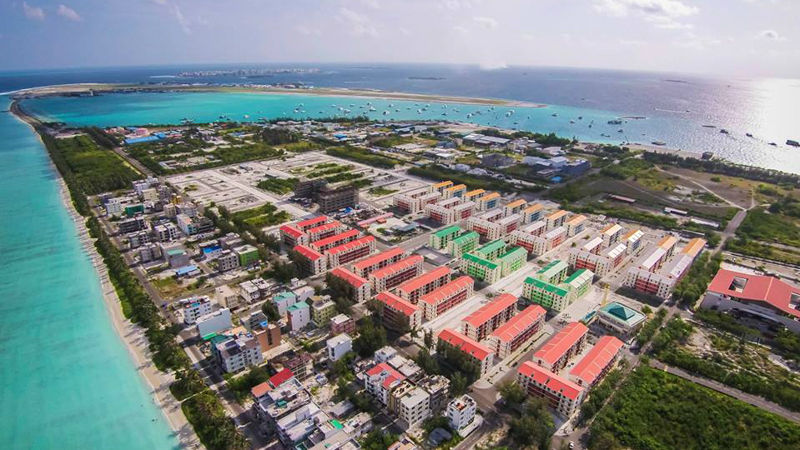Anonymised flat winners list prompts anti-corruption probe
The anti-corruption watchdog launched a probe after an anonymised list of 661 flat winners caused an uproar from unsuccessful applicants of the government housing programme.

16 Sep 2017, 09:00
The anti-corruption watchdog has launched a probe after an anonymised list of 661 flat winners caused an uproar from unsuccessful applicants of the government housing programme.
Complaints were lodged last week over the lack of transparency and the housing ministry’s failure to explain how points were awarded, Anti-Corruption Commission officials told the press.
About 15,000 people applied for the housing scheme in late 2014 under two categories for residents of Malé. The deadline for submitting complaints to the housing ministry expires Sunday.
In the face of criticism and allegations of corrupt dealings after the list was made public last Monday, Housing Minister Dr Mohamed Muiz declared on Twitter that “only form numbers were included to protect the rights of those who won flats and those who didn’t as well.”
Become a member
Get full access to our archive and personalise your experience.
Already a member?
Discussion
No comments yet. Be the first to share your thoughts!
No comments yet. Be the first to join the conversation!
Join the Conversation
Sign in to share your thoughts under an alias and take part in the discussion. Independent journalism thrives on open, respectful debate — your voice matters.




